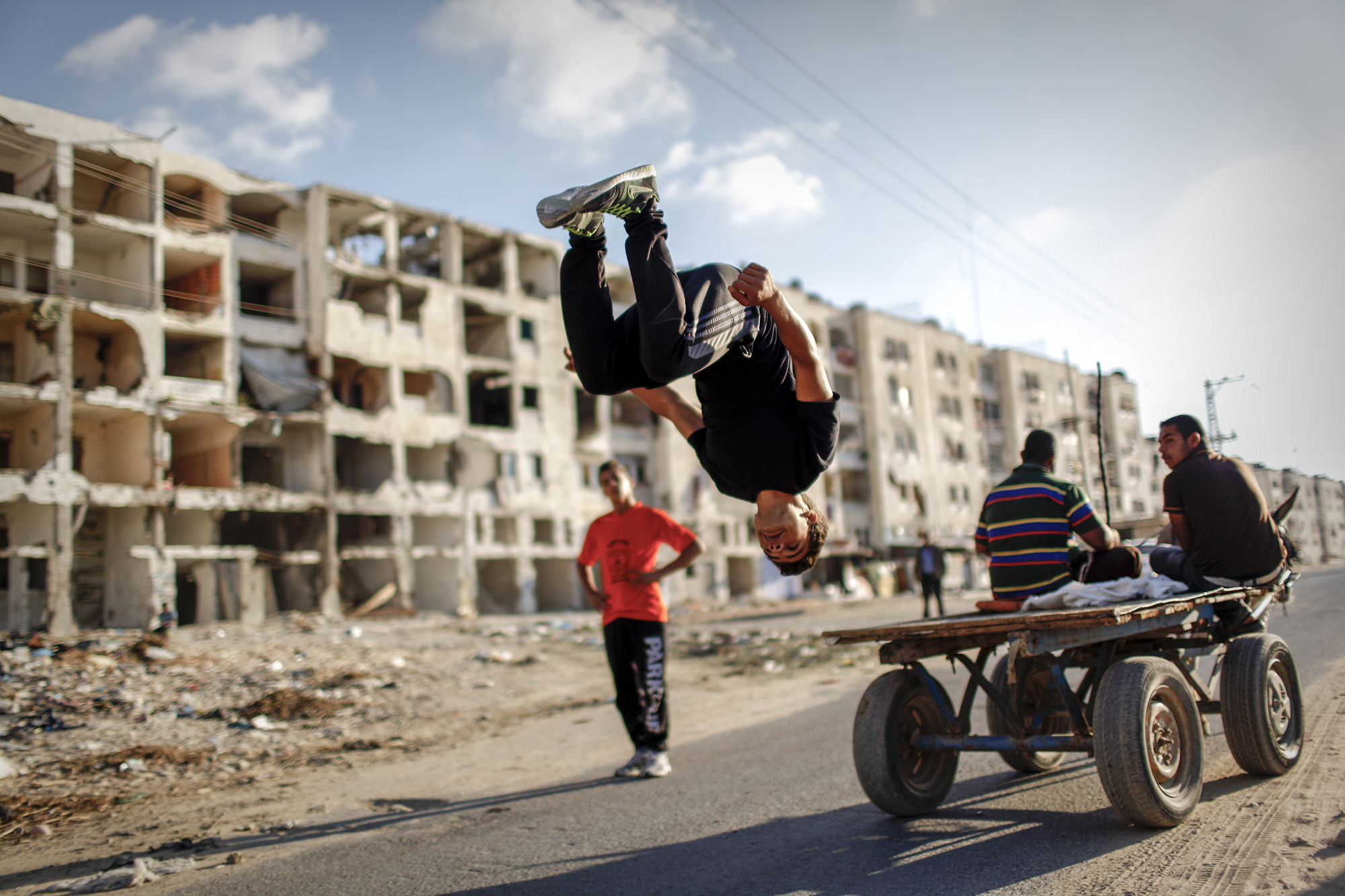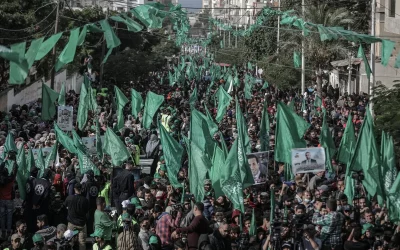
The Islamic Resistance Movement, also known by its Arabic acronym of Hamas, defines itself as a “Palestinian nationalist” and “Islamic” liberation...
Learn
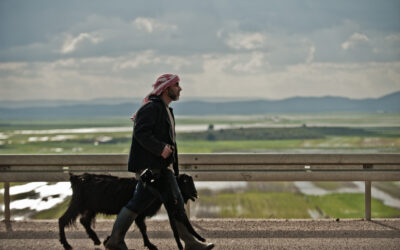
During the Nakba, over 750,000 Palestinians were expelled from what was Mandatory Palestine in order to create the state of Israel. Around 150,000...
Learn
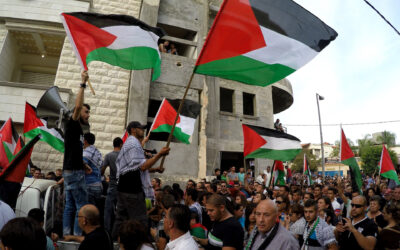
The Second Intifada, also known as the Al-Aqsa Intifada, lasted from 28th September 2000 to 8th February 2005. This second mass resistance movement...
Learn
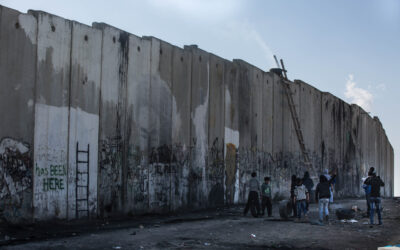
The Occupied Palestinian Territory (OPT) is a term that refers to the West Bank, including East Jerusalem, and the Gaza Strip. These territories...
Learn
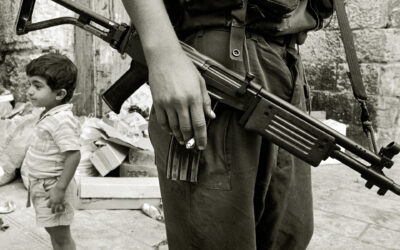
The First Intifada was a Palestinian mass resistance movement that lasted from 9th December 1987 until 13th September 1993. After four Palestinian...
Learn
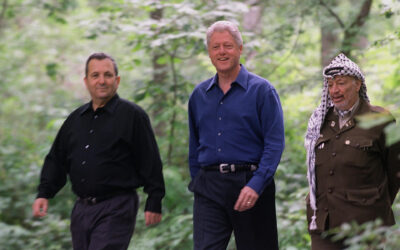
In July 2000, then-US President Bill Clinton arranged a summit meeting between Israeli Prime Minister Ehud Barak and Palestinian Authority (PA)...
Learn
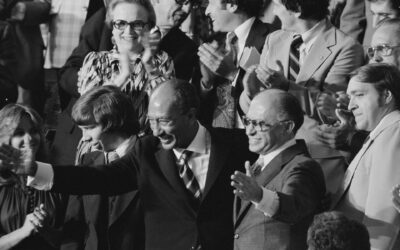
The Camp David Accords, comprised of two agreements dealing in turn with Egyptian-Israeli peace and the question of Palestinian self-rule, were...
Learn
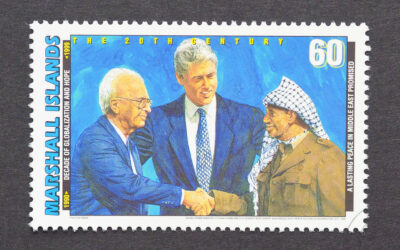
The Oslo Accords are a series of agreements between Israel and the Palestine Liberation Organisation (PLO)1 signed in the 1990s as a result of...
Learn
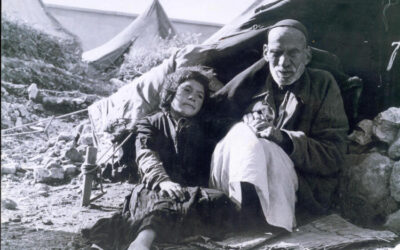
Also known as ‘al-Nakba’ (Arabic for ‘the Catastrophe’), the 1948 War was the foundational event effecting the future of the Palestinian people....
Learn
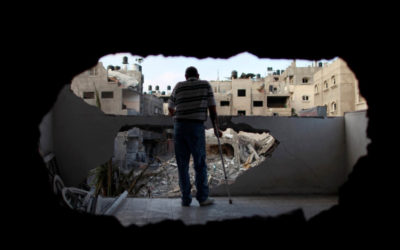
The 1967 War, also known as the June War, Six Day War, or Third Arab-Israeli War, was fought between Israel and the surrounding states of Syria,...
Learn
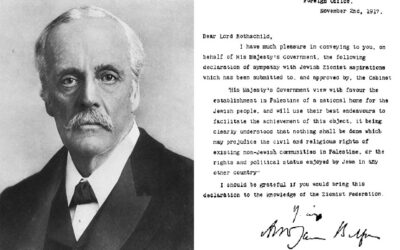
The Balfour Declaration of 1917 was a public statement in which the British government announced its support for “a national home for the Jewish...
Learn
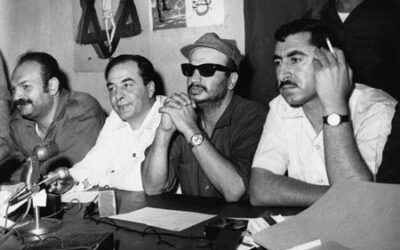
The Arab League, the regional organisation of Arab countries, established the Palestine Liberation Organisation (PLO) in 1964 with the proclaimed...
Learn
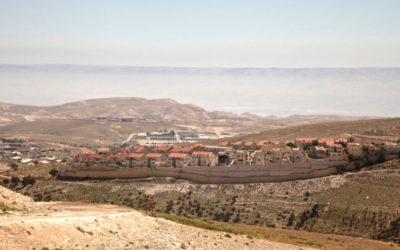
Since the war of 1967, Israel has created illegal Jewish-only settlements within the territories it has occupied since.1 Settlements in the Gaza...
Learn

The International Court of Justice (ICJ) is based in The Hague, Netherlands and works as the main judicial body of the United Nations. It was...
Learn
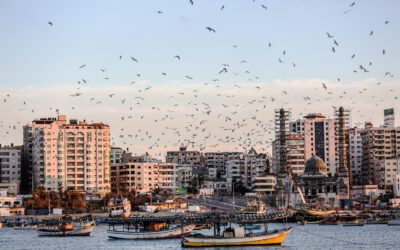
Gaza in many ways represents the crux of Israeli policy towards Palestinians, if a much starker manifestation of it: economic and social...
Learn
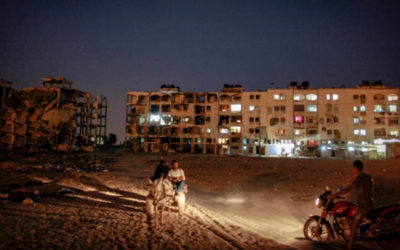
The Negev desert, or al-Naqab in Arabic, in the southern part of Israel has faced dramatic demographic shifts since Israel’s creation. Between 1948...
Learn
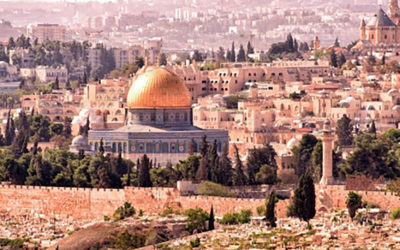
In the Ottoman period, Jerusalem was considered a district under the direct authority of the capital Istanbul due to its international religious...
Learn
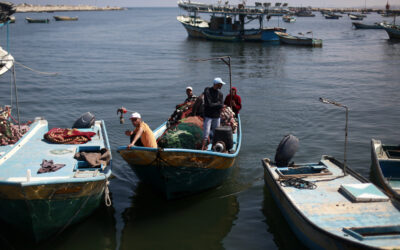
Palestinian access to water is severely restricted as a result of Israel’s occupation of Palestinian territories. Rather than utilising their own...
Learn
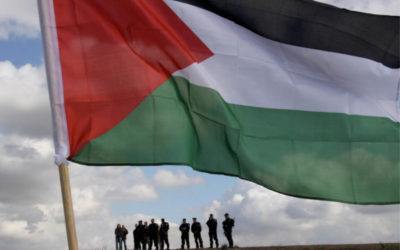
A landlocked area which forms the bulk of the Occupied Palestinian Territories or ‘OPT’ (the West Bank, including East Jerusalem, and the Gaza...
Learn
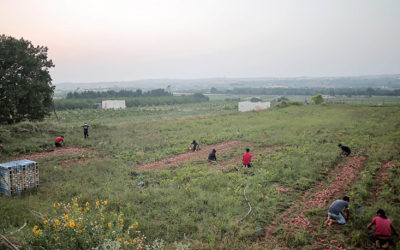
According to the United Nations Relief and Works Agency for Palestine Refugees in the Near East (UNRWA), Palestinian refugees are defined as...
Learn

